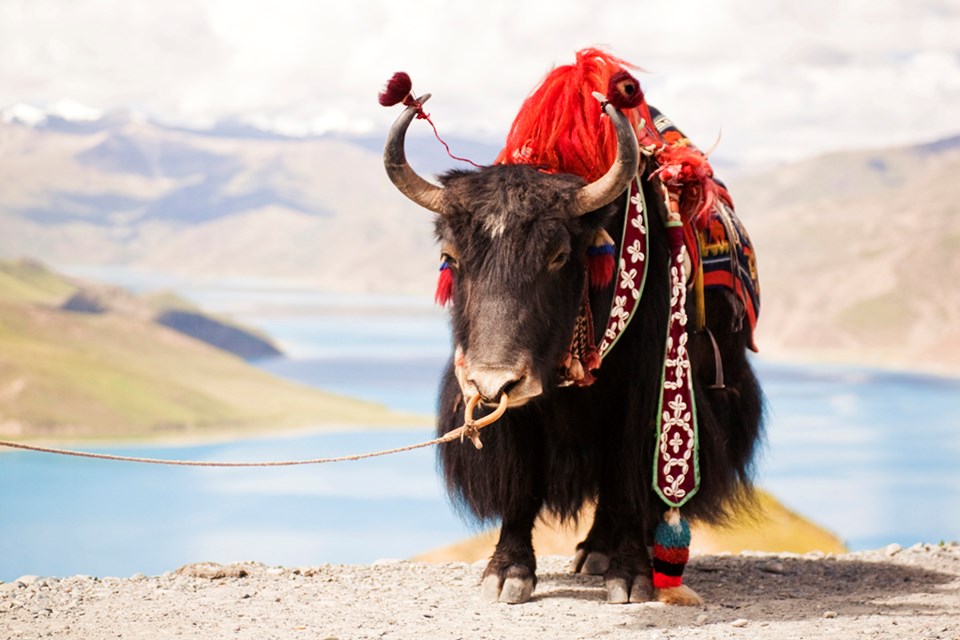YORKTON - One reason Canadian Prairie farmers have always managed to survive – at least as a collective – is their willingness to try new things.
While there are times the sector is criticized for not taking on new production technologies quickly enough, the barrier is often cost as opposed to general reluctance to adapt to something new.
You can go back to the emergence of zero till seeding as an example. While the benefits might have been realized by research data, producers had press drills already, so there was a big cost associated with the changeover to the new tech.
It’s a similar consideration with autonomous machinery. It may well be easy to see the benefits – for example reducing some pressures on finding trained operators for current equipment – but again producers have an equipment fleet and replacing it is a big cost.
By contrast, a new crop might come along – for example the hype over lupins dating back to the 1990s. The markets never quite developed and interest waned rather quickly, but farmers could dedicate some acres to trying the crop with less input than some first generation machinery which makes a technological step forward.
It’s the same on the livestock side, where through my years -- first growing up on a farm and then covering the sector as a journalist for more than three decades – producers have been willing to try a massive range of critters.
Through the years there has been big interest in ostrich and emu, elk. Bison and fallow deer, red wattle and wild pigs, Boer goats, llamas, alpacas and now yaks.
Most of the ‘next hot thing’ fizzled away rather quickly – red wattle hogs and ostrich and fallow deer some examples.
But others matured into at least continuing niche markers led by bison and Boer goats.
So what about yaks?
Who knows?
A report at noted interest in forming an association which would of course promote the animals, so that would be a start, but of course it ultimately comes down to creating market and ensuring supply, hurdles that are often too high for new farm products to scale.
Of course yak aren’t exactly a new animal to domestication like bison and elk were. They have been farmed in other countries for years, so that too is a positive, as if having a registry to help monitor genetics -- yak breeders can register with IYAK, the international yak association, and USYAK.
It’s not likely yak will ever be a major ag sector in Canada, but could they be the next bison – a longstanding niche sector?
Time will tell, but it is certain producers in Canada will be trying to make yak work here.






